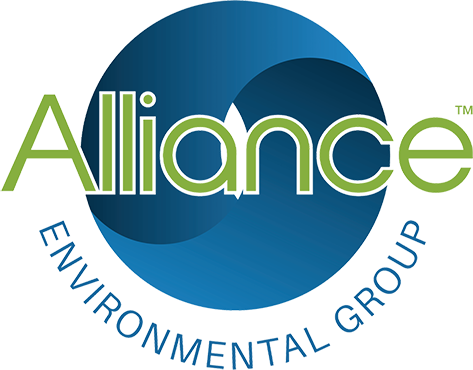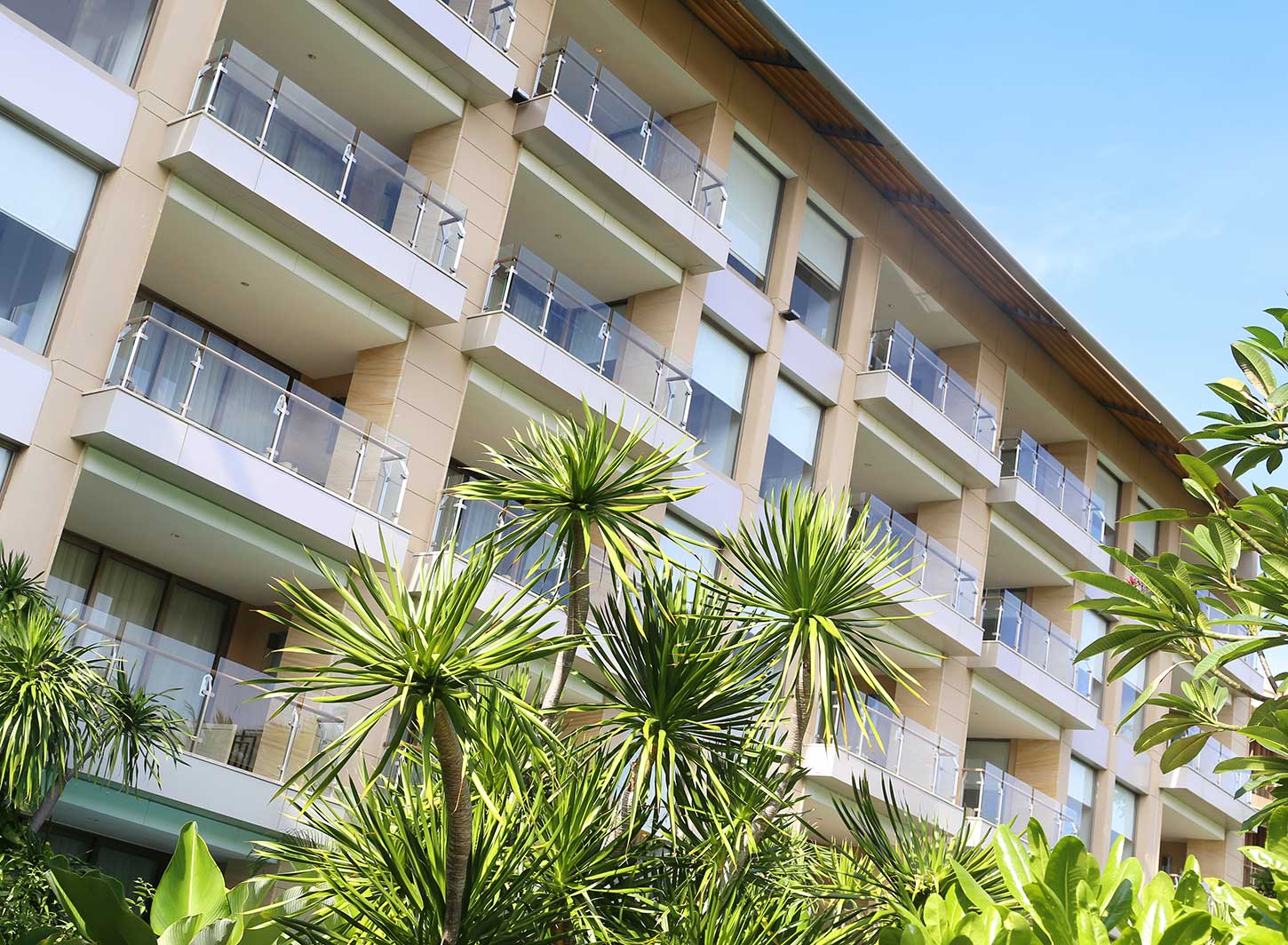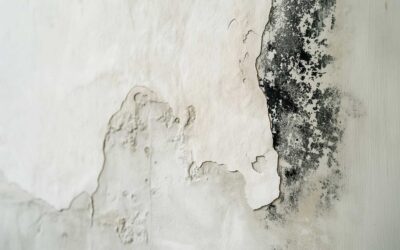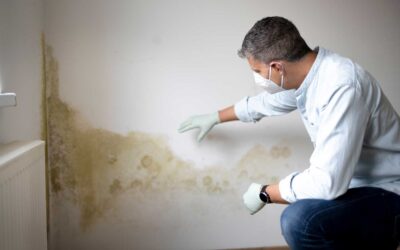As a senior commercial property manager in Los Angeles, you face a critical decision point when tenants report potential mold issues. The choice between standard maintenance protocols and professional mold remediation in Los Angeles services can significantly impact tenant retention rates, property NOI, and your professional credibility.
Los Angeles commercial properties present unique challenges due to the region’s diverse climate conditions, aging building infrastructure, and stringent commercial building codes. The decision to engage professional mold testing services must balance immediate tenant concerns with long-term property value preservation while maintaining operational efficiency across multiple commercial properties. This systematic approach ensures consistent decision making that supports comprehensive property management strategies.
Professional Evaluation Criteria for Tenant Mold Complaints
Establishing clear criteria for professional mold assessment begins with distinguishing legitimate concerns from routine maintenance issues. Tenant complaints requiring professional evaluation typically involve persistent moisture problems affecting multiple areas, visible growth patterns in HVAC systems, or health symptoms reported by multiple occupants within the same commercial space.
Los Angeles climate factors create specific vulnerability patterns in commercial buildings. The region’s seasonal humidity variations, combined with aging HVAC systems common in older office buildings and retail centers, can generate conditions where professional mold remediation in Los Angeles becomes necessary. Professional evaluation is warranted when standard building maintenance fails to address underlying moisture sources or when tenant complaints persist despite routine cleaning protocols.
Multi-tenant properties require additional assessment considerations. Professional testing becomes critical when complaints originate from multiple tenants in different suites, particularly if these areas share common building systems. The interconnected nature of commercial HVAC systems means that mold issues in one area can quickly spread throughout the property, making early professional intervention essential for preventing widespread contamination.
Document everything during the initial assessment phase. Professional evaluation decisions should be supported by detailed records of tenant complaints, building system performance data, and maintenance history. This documentation serves multiple purposes: supporting insurance claims, demonstrating proactive property management to owners, and providing legal protection should tenant health concerns escalate.
Commercial Property Mold Testing Protocol Integration
Integrating professional mold assessment into existing property management systems requires systematic protocols that minimize business disruption while ensuring thorough evaluation. Successful integration begins with establishing clear communication channels between tenants, property management staff, and professional testing services.
Coordinate testing schedules to accommodate tenant business operations while maintaining assessment integrity. Professional mold remediation in Los Angeles services must work within the constraints of commercial tenant schedules, requiring advance planning and flexible service arrangements. Develop standardized scheduling protocols that account for varying business hours across different tenant types within your property portfolio.
Multi-property coordination becomes essential when managing diverse commercial building types. Office buildings may require after-hours testing to avoid business disruption, while retail centers might need testing during off-peak customer hours. Establishing consistent protocols across your property portfolio ensures uniform service quality while accommodating the unique operational requirements of each commercial property type.
Technology integration supports comprehensive mold assessment protocols. Modern commercial properties benefit from air quality monitoring systems that provide continuous data supporting professional evaluation decisions. These systems create audit trails that demonstrate proactive property management while providing early warning indicators for potential mold issues before tenant complaints arise.
Professional Communication and Documentation Strategies
Effective tenant communication during professional mold testing preserves business relationships while ensuring thorough evaluation processes. Transparent communication begins with explaining the professional assessment process, expected timelines, and potential outcomes to affected tenants before testing begins.
Maintain detailed documentation throughout the professional evaluation process. Comprehensive records should include initial complaint documentation, professional assessment methodologies, testing results, and follow-up protocols. This documentation supports both tenant relations and regulatory compliance while providing evidence of professional property management standards.
Los Angeles County commercial building health standards require specific documentation protocols for mold assessment activities. Professional testing must comply with local regulations while meeting the documentation requirements that support both property value preservation and tenant satisfaction metrics. Understanding these regulatory requirements ensures that professional evaluation processes support comprehensive property management objectives.
Develop standardized communication templates for different tenant scenarios. Professional mold assessment situations require consistent messaging that demonstrates competence while managing tenant expectations. These templates should address common tenant concerns while providing clear timelines for assessment completion and follow-up actions.
Implementation and Quality Assurance for Multi-Property Management
Systematic implementation across multiple commercial properties requires standardized protocols that maintain consistent professional evaluation standards while accommodating diverse building types. Quality assurance begins with establishing clear performance metrics for professional mold assessment activities.
Monitor tenant satisfaction scores and retention rates as key performance indicators for professional mold testing protocols. Properties with systematic assessment frameworks typically demonstrate higher tenant retention rates and improved NOI performance compared to properties using reactive maintenance approaches.
Mold remediation in Los Angeles services must demonstrate consistent quality across your entire property portfolio. Establish vendor qualification criteria that ensure professional testing services understand commercial property requirements and can coordinate effectively with your property management protocols.
Regular protocol reviews ensure continued effectiveness of professional mold assessment frameworks. Market conditions, regulatory requirements, and tenant expectations evolve continuously, requiring periodic updates to professional evaluation criteria and implementation strategies.
Professional mold testing represents a critical component of comprehensive commercial property management in Los Angeles. The systematic frameworks outlined above support improved decision-making capabilities while enhancing tenant relationships and property value preservation. Implementation of these protocols demonstrates professional competence while providing measurable improvements in property performance metrics.
Frequently Asked Questions
How do I distinguish between tenant mold complaints that require professional testing versus those that can be addressed through standard building maintenance?
Professional evaluation is typically warranted when tenants report persistent moisture issues, visible mold growth in multiple areas, health symptoms among multiple occupants, or concerns in buildings with known HVAC system vulnerabilities. Standard maintenance may address isolated moisture concerns, routine cleaning needs, or cosmetic issues without underlying moisture problems.
What documentation should I maintain during professional mold testing to protect both tenant relationships and property values?
Comprehensive documentation should include initial tenant complaint records, professional assessment reports, testing methodologies and results, remediation protocols implemented, and follow-up monitoring data. This creates audit trails that demonstrate professional competence while supporting both tenant communications and property value preservation strategies.
How does professional mold testing in Los Angeles commercial properties affect my property insurance coverage and potential liability exposure?
Professional mold testing often strengthens insurance positions by demonstrating proactive property management and compliance with health standards. However, testing results may also trigger disclosure requirements for future tenant negotiations and could affect property valuations, making professional assessment timing and documentation critical for comprehensive risk management.
What are the operational implications of coordinating professional mold testing across multiple commercial properties with different tenant schedules and business requirements?
Professional mold testing coordination requires systematic scheduling protocols that account for varying business operations, tenant access requirements, and building system interdependencies. Successful multi-property management often involves developing standardized testing procedures that can be adapted to different commercial building types while maintaining consistent professional standards and tenant communication approaches.




